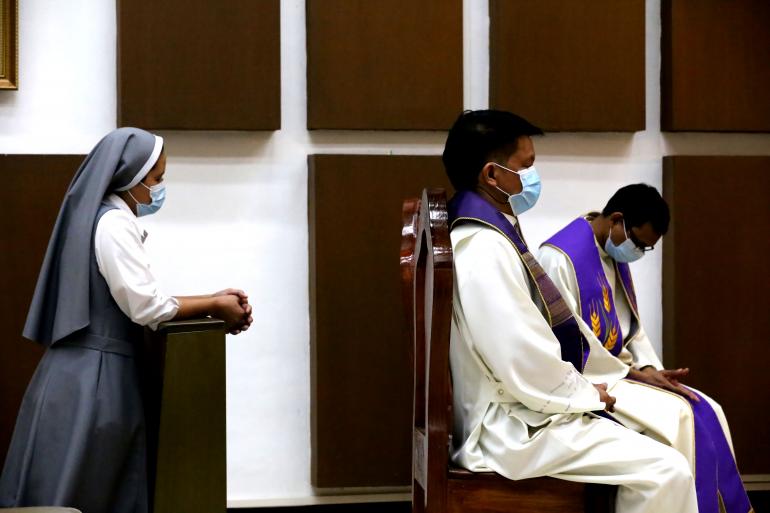Our Good Father

March 10, Thursday, 1st Week of Lent
Esther 12:14-16,23-25, Matthew 7:7-12.
In the first reading, the Israelites who have settled in Persia are threatened with destruction by Haman, a powerful minister of King Ahasuerus. They were eventually released due to the intervention of Esther, a young compatriot who had ascended to the throne. Her experience reintroduces us to the Gospel's vital message. In the face of her people's suffering, she seeks assistance from God. Esther's prayer to God demonstrates her complete faith in him. She prays to God in response to her current situation. Despite her anguish, fears, and loneliness, she believes that God will help the people of Israel. Her sincere prayer teaches us to pray courageously in the face of intolerable circumstances.
“Ask and it will be given to you. Seek and you will find. Knock and the door will be opened" (Matthew 7:7). This is a clear invitation for us, in the Gospel, to persevere in prayer even if God does not respond to our prayers as quickly as we would like. We just have to be patient in His will in granting our hearts' desire. Thus, we should also be ready for whatever the outcome of our prayers may be so that our requests will not enslave us.
God is sovereignly free and wise and cannot be swayed by our pleading. As a result, the fruit of prayer will forever remain a mystery. The ultimate prayer request is for God's will to be accomplished. "Abba, Father, everything is possible for you; set this cup apart from me; but let it not be what I want, but what you want," Jesus demonstrated (Mark 14:36).
Let us feel invited always to have faith in God and be persistent in our prayers.
God is faithful to his people, to each of his sons and daughters. He will give us not always what we want, and at the time we want it, but what we need and at the right time.
Do I hear an invitation to a deeper trust in God? Who knows my needs?
Lord, teach me to always rely on you.
Radio Veritas Asia (RVA), a media platform of the Catholic Church, aims to share Christ. RVA started in 1969 as a continental Catholic radio station to serve Asian countries in their respective local language, thus earning the tag “the Voice of Asian Christianity.” Responding to the emerging context, RVA embraced media platforms to connect with the global Asian audience via its 21 language websites and various social media platforms.














